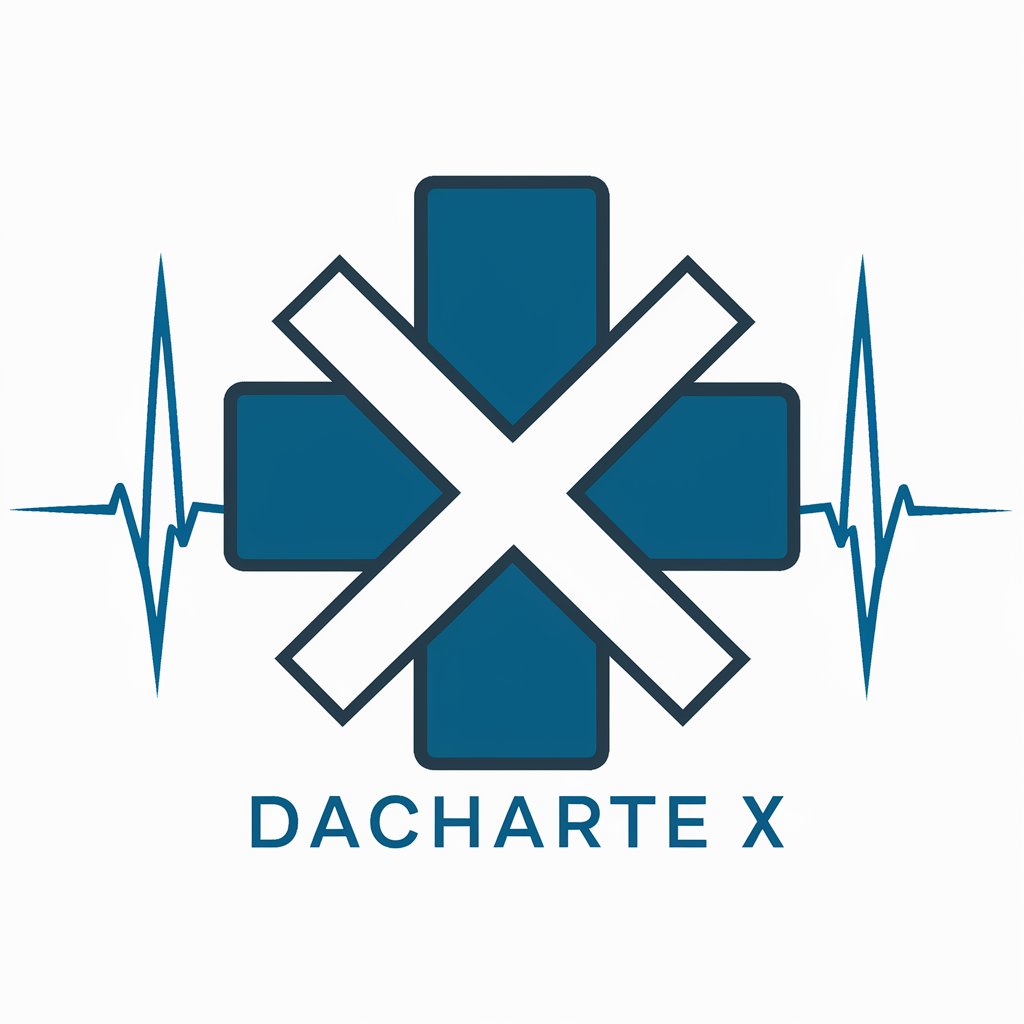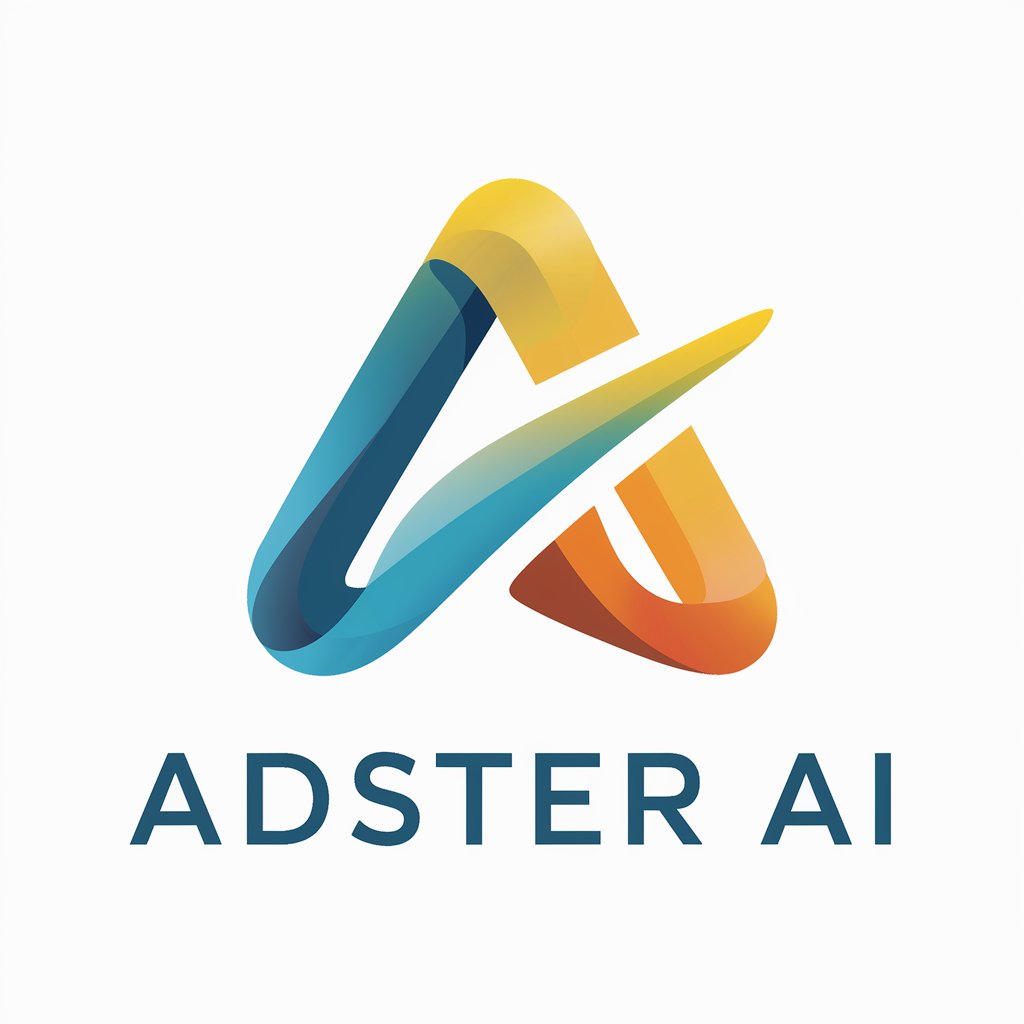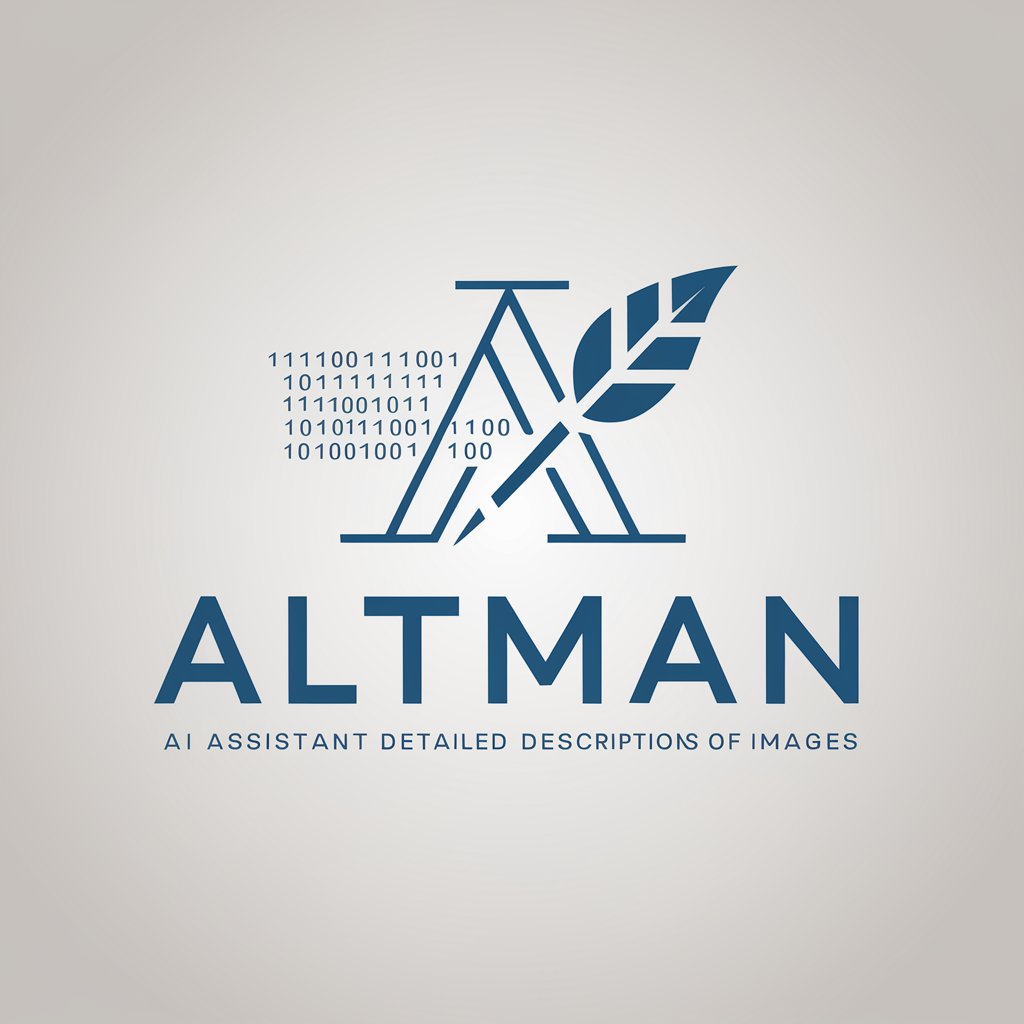
ath2rds - SQL Conversion Assistant
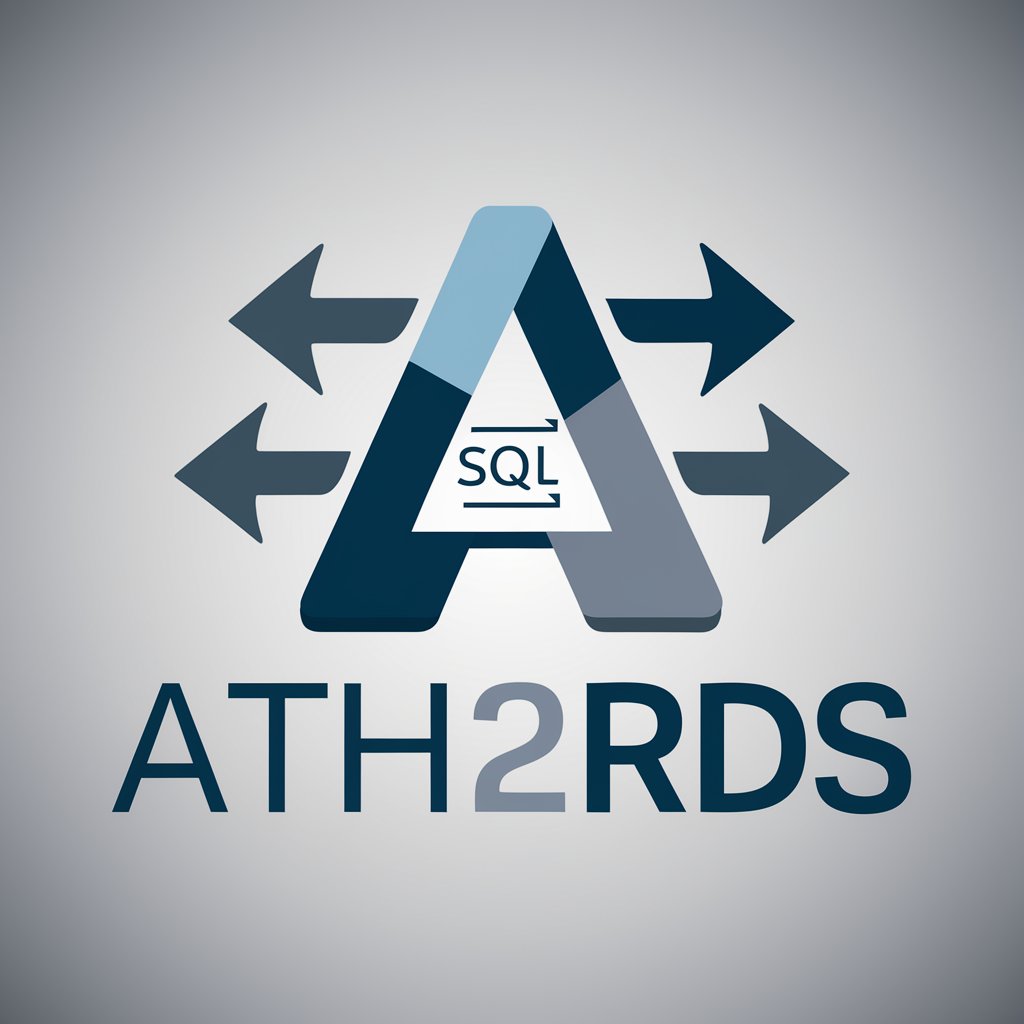
Hello! I'm here to help you convert Redshift SQL to Athena.
Power Your Data with AI
Convert the following Redshift SQL query to Athena SQL:
What are the key differences between Redshift and Athena for this query?
How can I modify this Redshift query for Athena compatibility?
Can you explain the process of converting Redshift functions to Athena equivalents?
Get Embed Code
Overview of ath2rds
ath2rds is designed to facilitate the conversion of SQL queries from Amazon Redshift to AWS Athena. This tool assists users in navigating the syntactical and functional differences between these two AWS-managed services, both of which are used for handling big data on the cloud but differ significantly in their underlying architectures and optimization techniques. Redshift is based on columnar storage and is optimized for complex queries across large datasets, while Athena is serverless and works directly on data stored in S3, using Presto with SQL compliance. Understanding these differences is crucial as they impact how queries are written and executed. ath2rds is tailored to address these variations by providing detailed conversions and explanations, enhancing user knowledge and proficiency in managing and querying data across both platforms. Powered by ChatGPT-4o。

Core Functions of ath2rds
Query Translation
Example
Converting a Redshift query that uses LISTAGG for string aggregation to an Athena-compatible SQL query using array_join(array_agg()).
Scenario
A user needs to generate a report aggregating customer data in Athena, previously done in Redshift. ath2rds translates the Redshift-specific aggregation function to Athena's format, ensuring functional parity.
Schema Adaptation
Example
Adapting data types and table definitions from Redshift's INTEGER or BOOLEAN types to Athena's compatible types like INT or BOOLEAN.
Scenario
When migrating database schemas from Redshift to Athena, ath2rds ensures that all data types are compatible and optimizes table structures for Athena's query engine.
Performance Optimization
Example
Adjusting query structure for Athena to improve query performance by optimizing joins and applying S3 partitioning strategies.
Scenario
A user experiences slow query performance in Athena after migrating from Redshift. ath2rds assists by restructuring queries and suggesting partition enhancements that leverage Athena's architecture.
Target User Groups for ath2rds
Data Engineers
Data engineers who manage data workflows across different AWS services will find ath2rds particularly useful for ensuring efficient data querying and processing when transitioning from Redshift to Athena.
Database Administrators
Database administrators responsible for maintaining the integrity and performance of database systems can utilize ath2rds to adapt and optimize SQL queries and schemas during cloud migrations.
Data Analysts
Data analysts looking to perform complex data analysis across multiple platforms will benefit from ath2rds’s ability to seamlessly translate and adapt queries, allowing for consistent analytical outputs across both Redshift and Athena.

How to Use ath2rds
Start Free Trial
Go to yeschat.ai and sign up for a free trial, no login or ChatGPT Plus subscription required.
Identify Your Needs
Determine the specific SQL conversion or query optimization tasks you need assistance with, such as converting from Redshift to Athena.
Prepare Your Queries
Gather your existing SQL queries and any relevant database schemas to ensure accurate and efficient conversion guidance.
Interact with ath2rds
Input your SQL queries and provide any specific instructions or preferences regarding the output format or optimization.
Apply Recommendations
Implement the converted SQL queries in your Athena environment, using the guidance provided to optimize performance and compatibility.
Try other advanced and practical GPTs
Sage of Hearts
Discover Your Heart's Destiny

Poetic Hearts
Crafting Love with AI

Ace of Hearts
AI-powered Relationship Enhancer
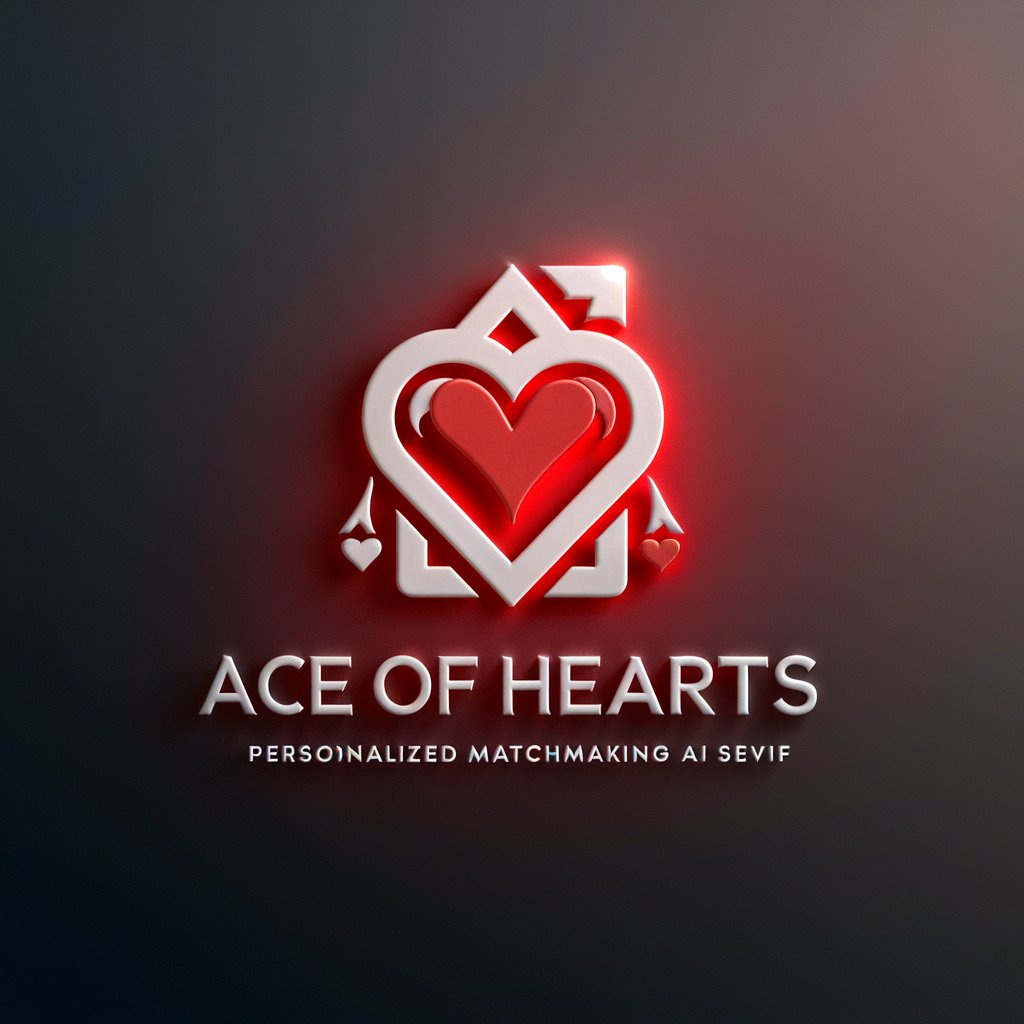
Medical Diagnosis Analysis
AI-Powered Medical Diagnosis and Insights

DOORS 👁️
Enhancing productivity with AI

Windows and Doors
Elevate Your Design with AI-Powered Insights

Marianinchis
AI-Powered Volleyball Coaching

Judge Jerry
Clarifying Choices with AI

MTG Judge
Your AI-powered MTG companion
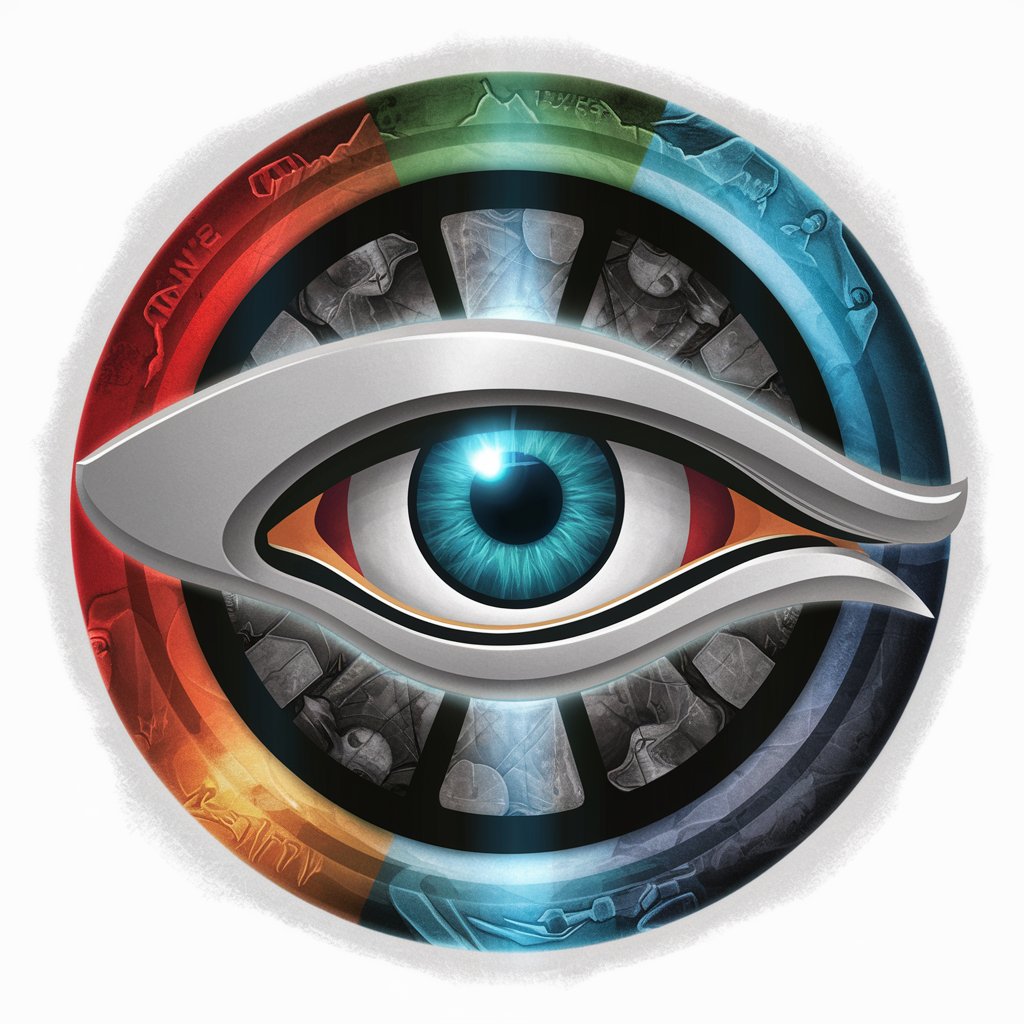
Chat With A Judge
Empowering legal decisions with AI expertise
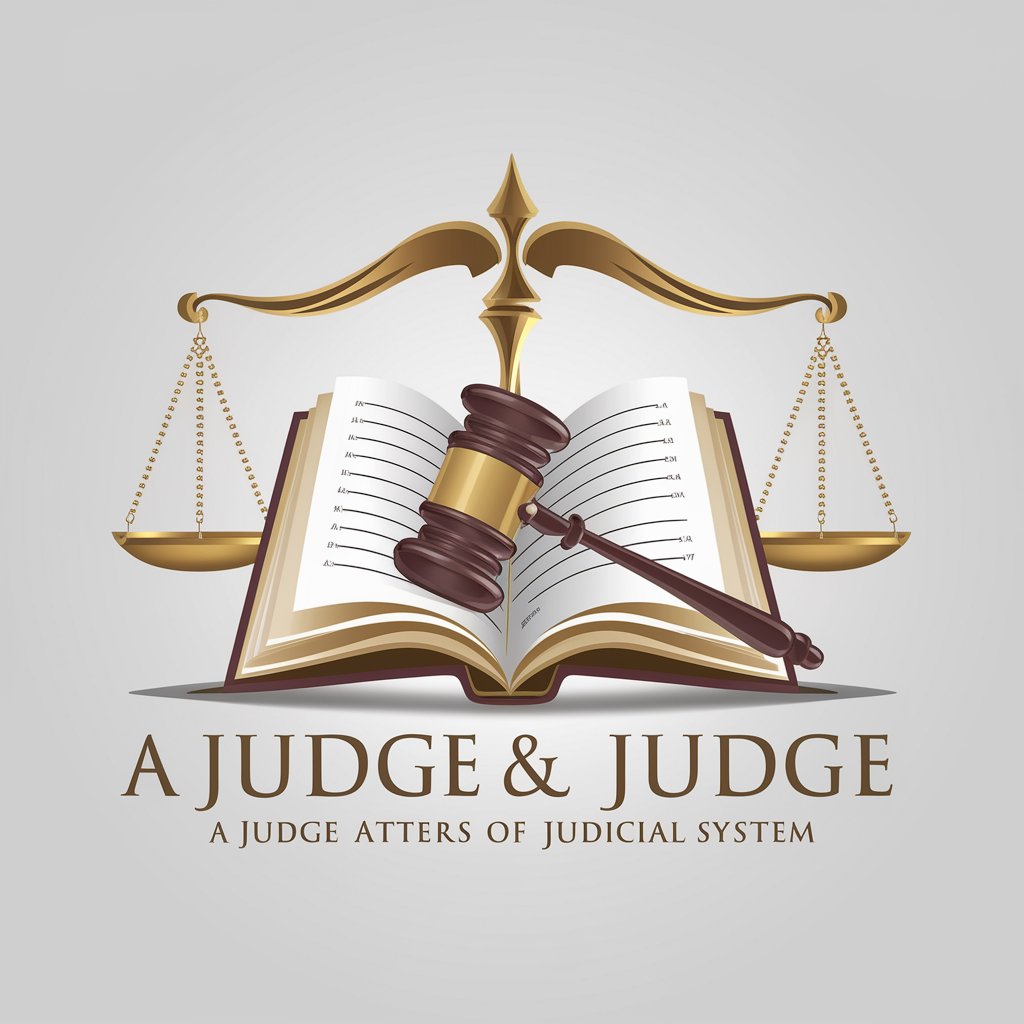
Stata Analyst
AI-powered Stata code generation made simple

PPT and PDF Analyst with Image Analysis
AI-Powered Analysis for Documents and Images

Frequently Asked Questions about ath2rds
What is ath2rds?
ath2rds is a specialized AI tool designed to assist users in converting SQL queries from Redshift to Athena. It provides step-by-step guidance on syntax, functions, and query optimization.
Can ath2rds optimize SQL queries for performance?
Yes, beyond mere conversion, ath2rds offers recommendations to optimize SQL queries for better performance in the Athena environment, considering factors like data partitioning and query complexity.
What information do I need to use ath2rds effectively?
Users should provide their existing Redshift SQL queries and, if available, any relevant database schemas. This helps in accurate conversion and optimization tailored to the specific data structure and requirements.
How does ath2rds handle complex SQL functions not supported by Athena?
For functions or SQL elements not directly supported by Athena, ath2rds suggests workarounds or equivalent Athena-compatible functions to ensure functionality is preserved as much as possible.
Is ath2rds suitable for beginners in SQL conversion?
ath2rds is designed to be user-friendly, providing detailed explanations that make it suitable for both beginners and experienced database administrators looking to migrate or optimize their SQL queries.

